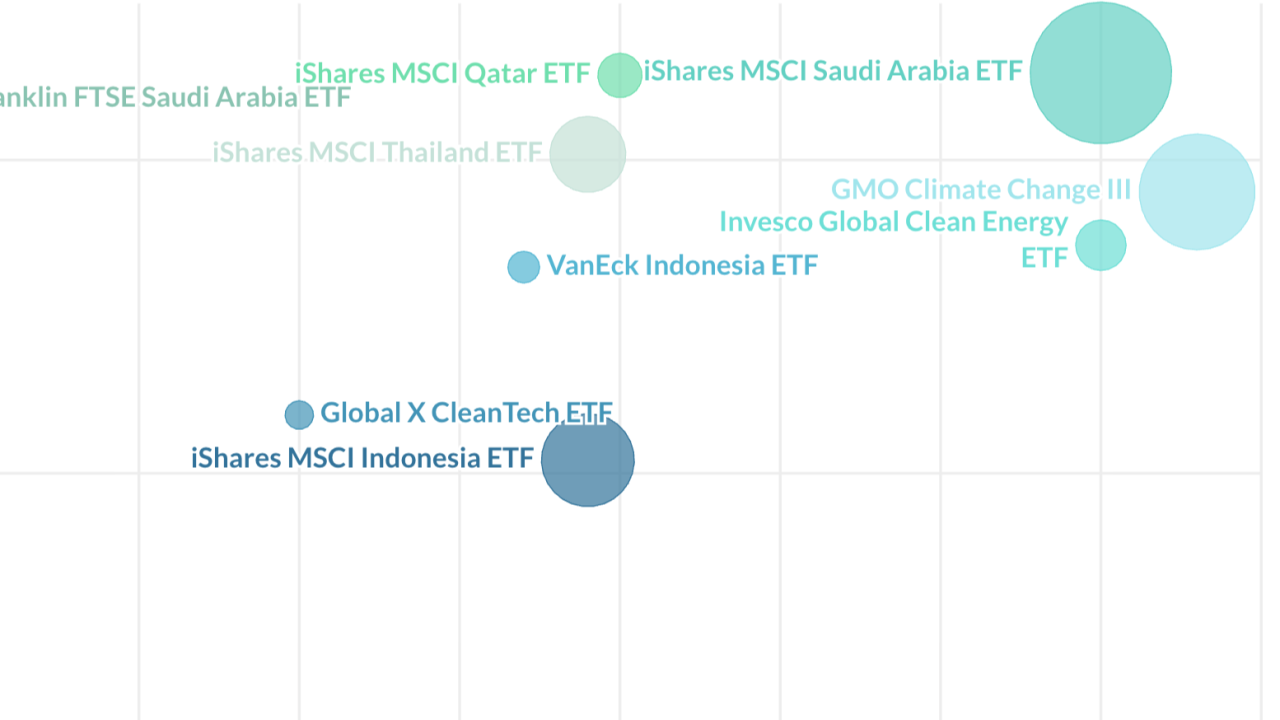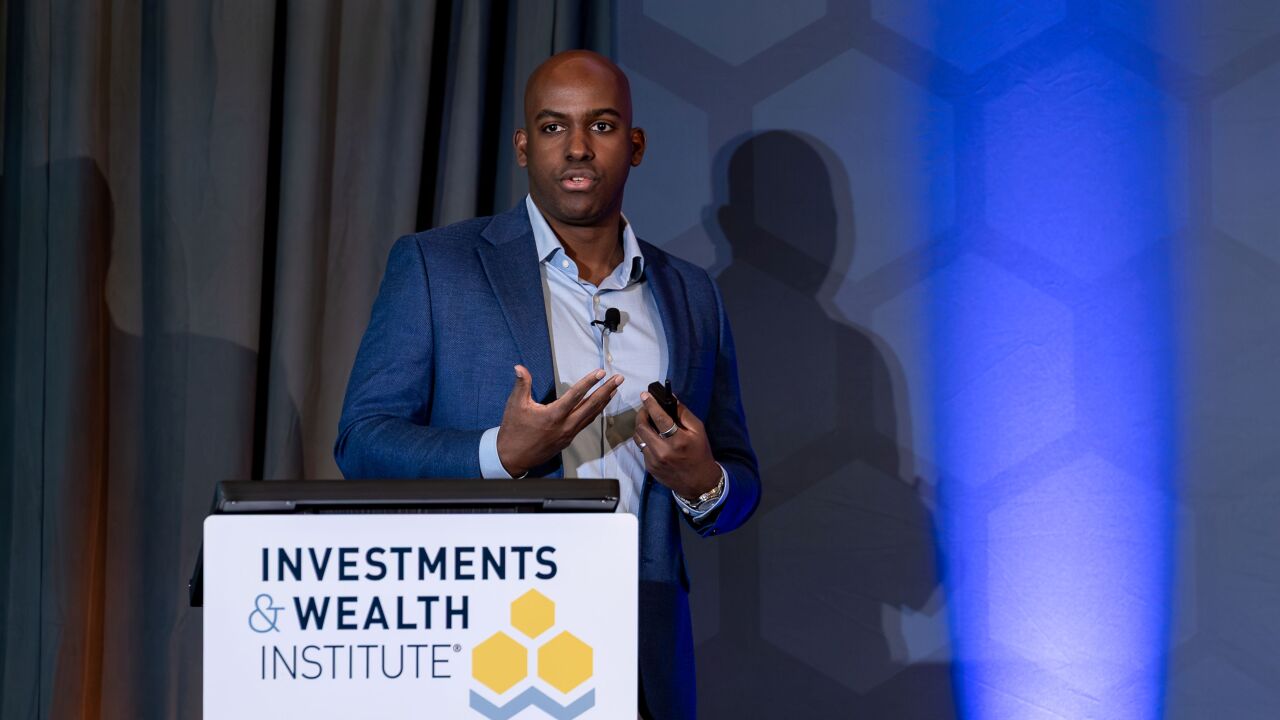One of the best wedding gifts is a scanner, according to financial advisor Ekaterina Klimentova.
To explain why, the partner in the New York office of registered investment advisory firm
"I unfortunately have had situations where records would really make a huge difference," Klimentova said. "The person was a real hoarder and that really paid well for them. … The better you're educated, the better you're informed and the better records you have, you will always come out ahead."
READ MORE:
While lawyers play the lead role in representing divorcées during the legal agreement process,
"It really becomes important not only to know what's on it, but what your potential liability may be and how do you account for that in your divorce agreement?" she said. "There's plenty of work for a tax professional or a financial advisor to do in a situation like that."
Emotionally and financially taxing questions
Guides compiled by
And
Some of the most difficult issues revolve around a couple's children, whether in terms of how
READ MORE:
Child support payments are neither deductible or counted as income to the recipients, but only one spouse may claim a kid as a dependent — even if the custody is split 50-50. The spouse claiming the child as a dependent becomes the "custodial" parent and gets eligibility for the earned income tax credit and the child and dependent care tax credit. However, the non-custodial parent could get the child tax credit and additional child tax credit by filing
"Generally, the parent with custody of a child can claim that child on their tax return to file as head of household or claim credits," according to
From a technical perspective that also ties
"Navigating a divorce can be an emotional experience for clients, and assisting them can likewise be poignant for their tax advisers, particularly when the adviser has a long-established relationship with both spouses," Kinkaid and Federanich wrote. "Once a client notifies you they are contemplating a divorce and any potential conflict-of-interest matters are resolved, it is important to swiftly meet and address tax planning issues. It is imperative to collaborate with the divorce attorneys and investment advisors so that the time frame to plan and structure optimal tax outcomes for the parties is addressed and deadlines are met."
READ MORE:
Start with the basics
Even though advisors may have been working with both spouses for many years, the conflicts involved with counseling them throughout the divorce on "very different" goals during the separation are so substantial that "it's probably best for each of the parties to have their own advisors to get independent advice," Klimentova said.
The financial ramifications of any possible separation in the future necessitate frequent and careful scrutiny
"Like any financial plan, it has to be a living, breathing thing. It's never static," Klimentova said. "By paying attention to these things, you could really help your clients out. The more you look, the more questions you ask, the better you're off."
READ MORE:
In that vein, tax advantages for
"You're basically giving up control of the asset," she said. "This still can be evaluated and the attorneys really have to look at the situation, what was the intent, to see if there's a possibility that these assets can be replaced by something else in the marital estate."
At a basic level, while no advisor, tax pro or spouse can predict the future, they can perform the essential work of ensuring that both members of the couple take the time to educate themselves about their family's finances. All too frequently, partners will say something along the lines of "'Oh, my spouse handles the tax returns,'" according to Klimentova.
"It's very important for any advisor to make sure to tell their clients to always, always pay attention to what is on your tax return," she said. "The fact that you did not want to look at your return does not make you not liable for the potential tax penalties."





